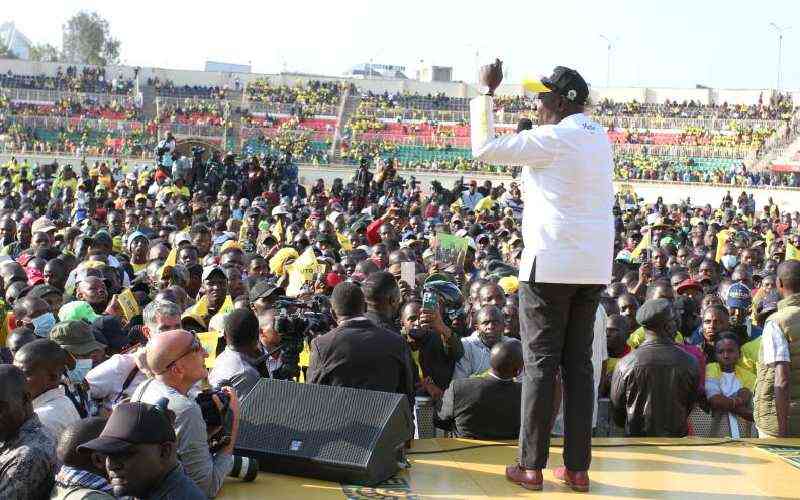×
The Standard e-Paper
Kenya’s Boldest Voice

One of the things that have persistently undermined Project Kenya is tribal suspicion.
This vice started rearing its ugly head immediately after independence in 1963 when most of the plum and influential jobs in the Civil Service and State Corporations were doled out to President Jomo Kenyatta's tribesmen and cronies, and with these, a lot of state resources were channelled to the Central Kenya region using the development model that was created by the Sessional Paper Number 10 of 1965.